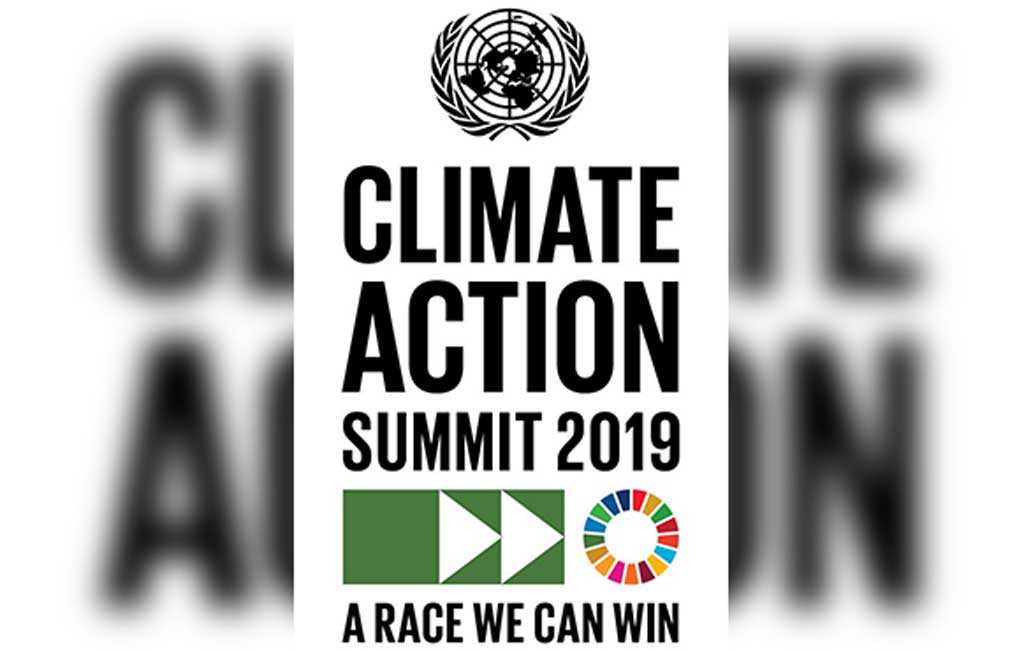Bangladesh to join UN Climate Summit on Sept 23

Image collected
Concrete and realistic plans sought to reduce greenhouse effect by 45% over the next decade, and to net zero emissions by 2050
World leaders, including a delegation from Bangladesh, will participate in the UN Climate Action Summit 2019 scheduled to take place on September 23.
Bangladesh will participate in the summit in response to the UN Secretary-General’s call.
The UN chief’s call came as global emissions are reaching record levels and showing sign of peaking, said the UN Information Centre in Dhaka.
The last four years were the four hottest on record, and winter temperatures in the Arctic have raised by 3°C since 1990, according to UNIC.
Sea levels are rising, coral reefs are dying, and the world started seeing the life-threatening impact of climate change on health, through air pollution, heat waves and risks to food security.
The impacts of climate change are being felt everywhere and are having very real consequences on human life.
Climate change is disrupting national economies, costing the world dearly today and will cost even more tomorrow.
But there is a growing recognition that affordable, scalable solutions are available now that will enable all to leapfrog to cleaner, more resilient economies.
The latest analysis shows that if the world acts now, it can reduce carbon emissions within 12 years and hold the increase in the global average temperature to well below 2°C and even, as asked by the latest science, to 1.5°C above pre-industrial levels.
UN Secretary-General António Guterres has called on world leaders to join the Summit in New York with concrete, realistic plans to enhance their nationally-determined contributions by 2020 in line with reducing greenhouse gas emissions by 45% over the next decade, and to net zero emissions by 2050.
“I want to hear about how we are going to stop the increase in emissions by 2020, and dramatically reduce emissions to reach net-zero emissions by mid-century,” said Antonio Guterres.
The Summit will bring together governments, the private sector, civil society, local authorities and other international organizations to develop ambitious solutions in six areas: a global transition to renewable energy; sustainable and resilient infrastructures and cities; sustainable agriculture and management of forests and oceans; resilience and adaptation to climate impacts; and alignment of public and private finance with a net zero economy.
Accelerated climate solutions can strengthen economies and create jobs, while bringing cleaner air, preserving natural habitats and biodiversity, and protecting our environment, said the UN.
New technologies and engineering solutions are already delivering energy at a lower cost than the fossil-fuel driven economy.
Solar and onshore winds are now the cheapest sources of new bulk power in virtually all major economies.
Source: https://www.dhakatribune.com